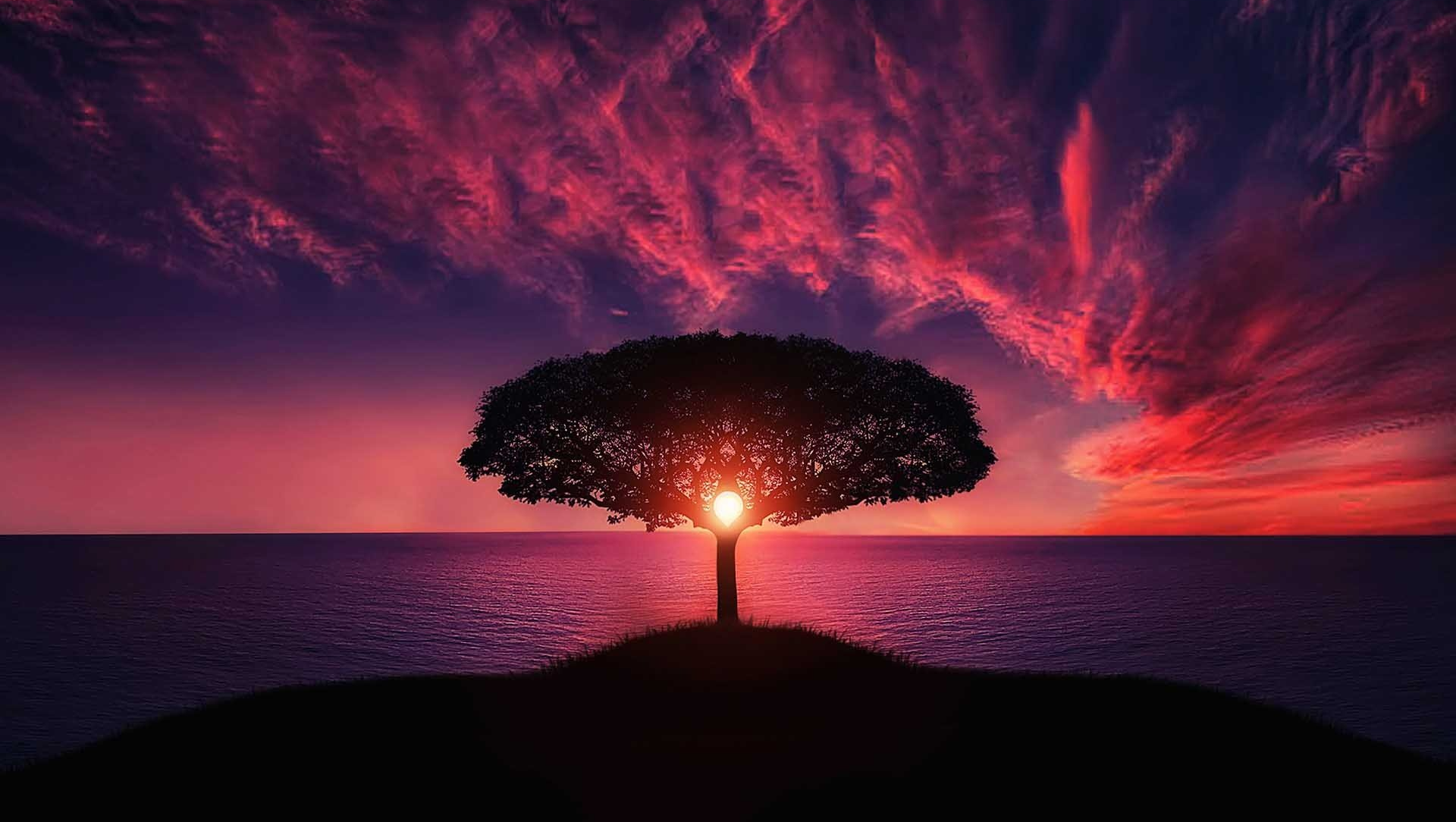Your Own World (Discusses Uchiyama's Opening the Hand of Thought)
I have been reviewing notes I took years ago on Kosho Uchiyama’s Opening the Hand of Thought. Uchiyama (d. 1998) was a Soto Zen priest whose 14-day sesshins in Japan were extraordinarily rigorous and concentrated, providing only for meals, sitting, and dharma talks throughout each long meditation day. Opening the Hand of Thought is a straightforward and very clear exposition of Soto Zen thought as explained by Uchiyama during these sesshins. The book also suggests, implicitly, how we can realize enlightenment in daily life.

The reason I started to review my notes is that the significance had finally dawned on me of a certain idea of Uchiyama’s, stated in the following way in his book. He says, “When I took my first breath, my world was born with me. When I die, my world dies with me.”[1] He continues, putting it another way, “Actually, I bring my own world into existence, live it out, and take it with me when I die.”[2] If we think about it, each of us does live in his or her own world. When we walk around in our dwelling or in a woods somewhere, we are walking around through images in our own mind. Leaving aside the solipsistic question of whether the world really exists outside our mind, whatever the answer to that is, nevertheless when we walk about, we are walking amid our own mental images.
I suggested in an earlier Newsletter essay (January, 2022) that what Dogen meant when he said that sitting in zazen was to sit in enlightenment, was that when we sit, we are in a state of non-separateness. Similarly, Uchiyama says that when we “open the hand of thought” in zazen, which is to drop thinking, “we are one with the whole universe”[3]
With both Dogen and Uchiyama, being in non-separateness occurs in zazen. However, Uchiyama’s idea that we bring our own world in with us when we are born also moves being in non-separateness beyond zazen into daily life. What I have found is that as I go about daily life, if I think of the fact of functioning within my own mind, it increases my sense of non-separateness. I can appreciate the truth of Uchiyama’s saying, “Whether we realize it or not we are always living out our life that is connected to everything in the universe.”[4] To realize this connection is enlightenment. Uchiyama says, “The most essential point in carrying on our practice is to wake up this self that is inclusive of everything.”[5]
Footnotes
- Kosho Uchiyama, Opening the Hand of Thought, Boston, 2004, p. 14.
- Ibid., p. 15.
- Ibid., p. 169.
- Ibid., p. 14.
- Ibid., p. 15.